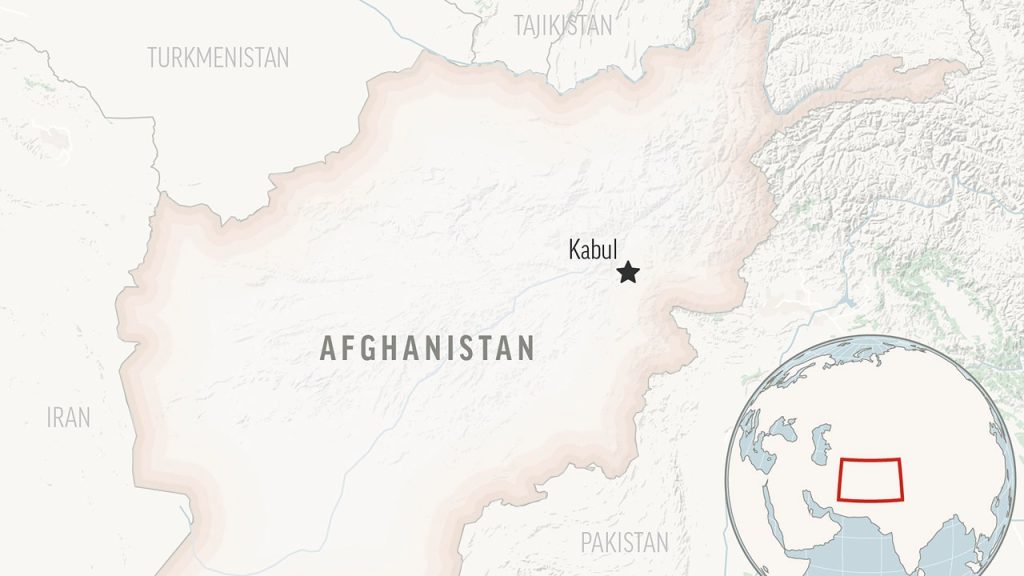A sticky bomb exploded in northeastern Afghanistan, killing at least three police officers in Faizabad, the capital of Badakhshan province. Five other officers were wounded in the explosion, which was attached to a motorcycle and detonated as a convoy of security forces was passing through the area. The officers were on their way to destroy poppy crops in the region, which has seen violent protests against the Taliban’s eradication campaign recently. No group has claimed responsibility for the attack, but tensions have been high in the area following the deaths of two men during protests against poppy eradication efforts.
The Taliban’s interior ministry spokesman, Abdul Mateen Qani, confirmed the details of the bombing and stated that the officers were targeted while carrying out their duties in the region. The incident comes in the wake of violent protests against the Taliban’s poppy eradication campaign, which led to a high-ranking delegation led by the chief of military staff Fasihudin Fitrat visiting the region to negotiate with protestors. Fitrat addressed the complaints of the locals in a video message and assured that the situation was under control, stating that the people of Badakhshan supported the poppy eradication efforts. The protests erupted after two men were killed by Taliban forces during resistance to poppy eradication attempts in Darayum and Argo districts.
The situation in Badakhshan remains tense as security forces continue to face threats from explosive devices and attacks targeting police officers. The lack of accountability for the perpetrators of such attacks has fueled anger and frustration among the local population, leading to further protests against the Taliban’s policies in the region. The violence highlights the challenges faced by security forces in maintaining peace and stability in areas where armed groups and insurgent forces operate. The deaths of police officers in the recent bombing serve as a stark reminder of the dangers faced by those tasked with enforcing security measures in conflict-affected areas.
The Taliban’s actions in Badakhshan have faced criticism from human rights organizations and international observers, who have raised concerns about the use of force and violence against civilians during the eradication campaign. The killing of civilians and the targeting of police officers in bombings and other attacks reflect a broader pattern of violence and insecurity in the region, which has been exacerbated by the presence of armed groups and insurgent forces. The Taliban’s efforts to eradicate poppy crops have met with resistance from local communities, leading to confrontations and clashes between security forces and protesters.
The international community has condemned the violence and called for a peaceful resolution to the conflict in Badakhshan and other volatile regions of Afghanistan. Diplomatic efforts are underway to address the root causes of the violence and promote dialogue between the warring parties in order to achieve a lasting ceasefire and a comprehensive peace agreement. The targeting of police officers and civilians in attacks such as the recent bombing underscores the urgent need for a political solution to the conflict and a commitment to upholding human rights and the rule of law in Afghanistan. The killings and violence in Badakhshan and other conflict-affected areas highlight the devastating impact of the ongoing conflict on the civilian population and the urgent need for a sustainable and inclusive peace process.


